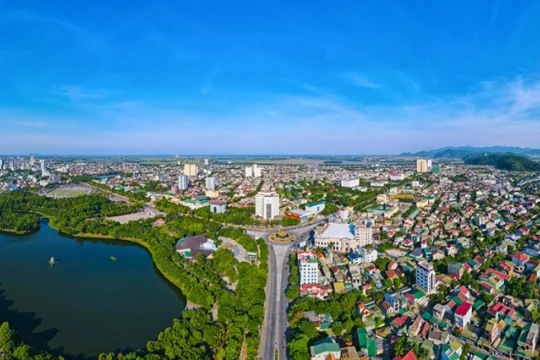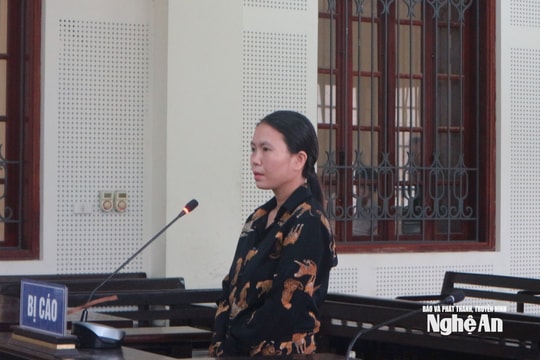Professor Dang Hung Vo discusses solutions to overcome difficulties in the real estate market
(Baonghean.vn) - The real estate market does not play a decisive role in economic development, but it often creates risks of financial and economic crises when capital investment in the real estate market cannot be controlled.
No country gets rich from investing in real estate.
Major economies in the world have shown that "no country in the world can become rich, powerful, prosperous by investing in real estate". People must find ways to invest in agriculture and industry to create physical goods to serve people, then invest in services to create added value on agricultural and industrial goods. Real estate economy only plays the role of creating technical infrastructure to develop agriculture, industry and services.
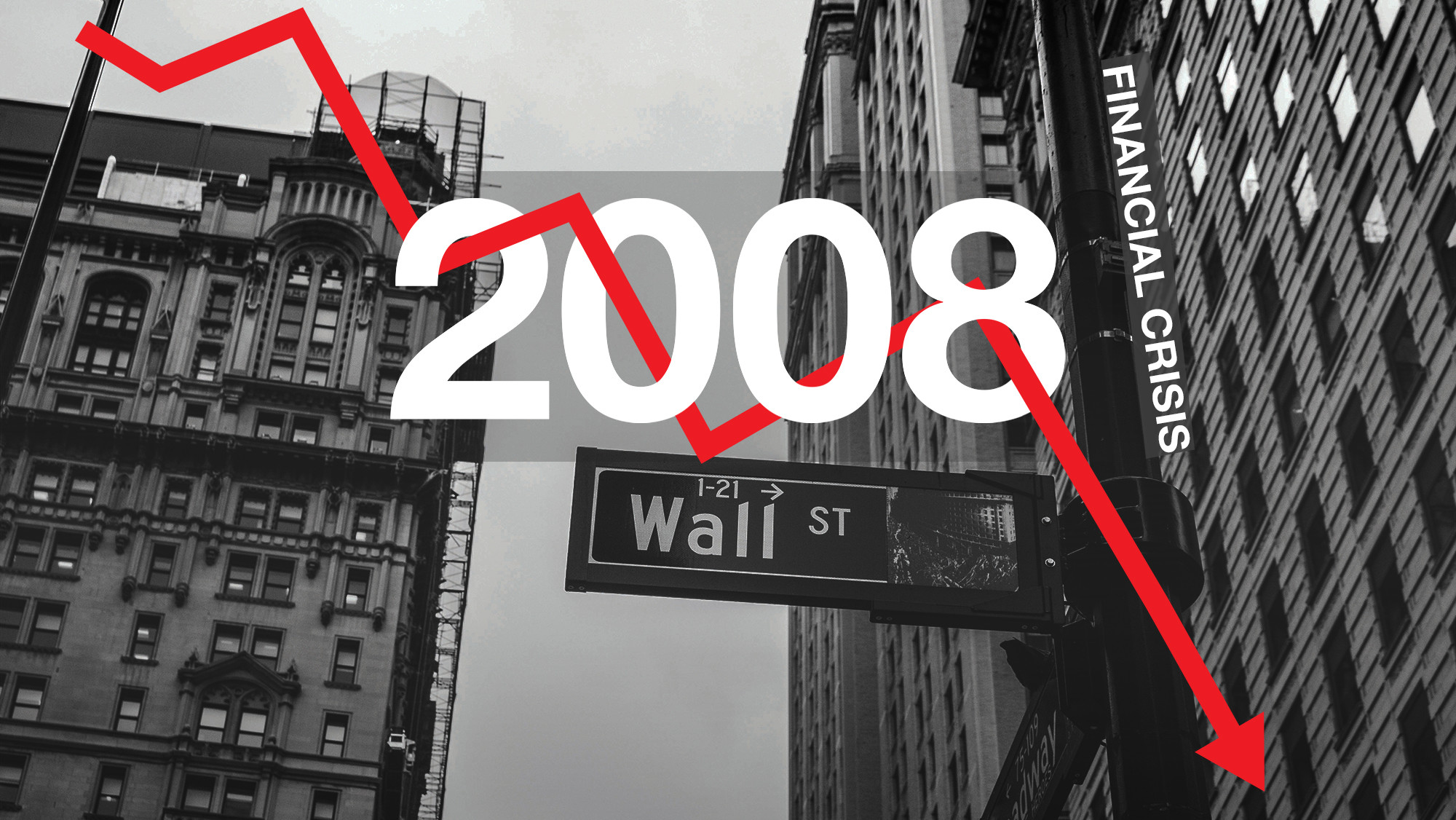 |
The land fever in the US caused the Great Depression in 2008. Photo: Internet |
Looking at the real estate market from another perspective, real estate economic development requires a huge amount of capital through many sources, including credit sources through real estate mortgages at credit institutions and financial institutions. The fluctuations in real estate prices in the market make the value of mortgaged real estate fluctuate, often causing bad debt at banks.
When bad debt builds up to an uncontrollable level, the real estate market crisis risks will turn into credit market crisis risks, and in the worst case, it could become a financial crisis, or even an economic crisis. Then the crisis from one country can become a regional crisis, or even a global crisis.
Even developed countries cannot predict and control the possibility of a credit and financial crisis originating from the real estate market crisis. Japan in the 70s and 80s of the last century fell into a credit crisis originating from the real estate market crisis. The whole world also fell into a financial crisis in the period 2008 - 2012 originating from the real estate market crisis in the US. Right next to our country, the ASEAN region also fell into an economic crisis originating from the real estate market crisis in Thailand in the period 1997 - 2002.
From the above economic connections, it can be seen that the real estate market does not play a decisive role in economic development, but often creates risks of financial and economic crises when the capital invested in the real estate market cannot be controlled.
Vietnam's real estate market in 2022
Looking back at the whole year of 2022, it can be said that this year is quite special. At the beginning of the year, there were signs of a high real estate price fever, but by mid-year, there was a risk of bad debt - a year of volatile real estate market.
In the first months of the year, you can see everywhere the bustling scene of real estate prices increasing every day. One of the main reasons for this situation is the severe lack of supply, because many real estate projects are waiting for approval but cannot be approved because the 2013 Land Law has not been amended in time, and there are many legal conflicts between laws related to the real estate market such as the Housing Law, Real Estate Business Law, Investment Law, Auction Law, Bidding Law...
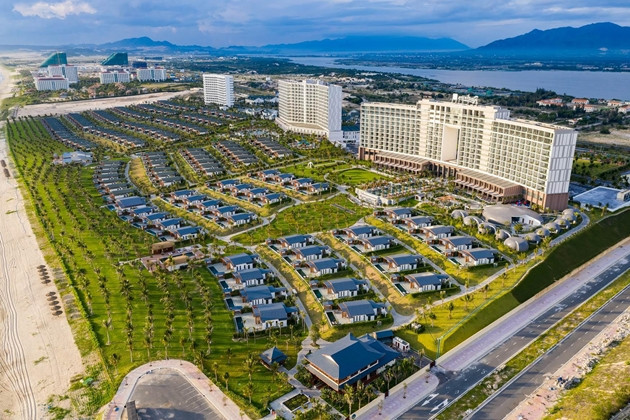 |
Hot spots in the tourism real estate segment are also gradually cooling down. Illustration photo: Vietnamnet |
The booming tourism real estate segment was also halted because its development was not based on any legal framework. The development was based solely on the promises of the real estate developers, and when it was discovered, no one kept their promises. Fortunately, Covid-19 paralyzed the tourism market, so the hot spots of the tourism real estate segment gradually cooled down.
In addition to the shortage of supply, 2022 is also the first year of the planning period, many new planning ideas have been proposed. From being just ideas, they have been painted as approved planning. The real estate market is buzzing about the possibility of quick buying and selling to capture the increased land value brought about by the planning.
The main reason is that after Covid, everyone's income has decreased sharply, many production and service supply chains have been broken. Most people with a little money are thinking about increasing their income by participating in the real estate market or the stock market, choosing which market depends on each person's strengths, the majority go into the real estate market.
The context of lack of supply and excess demand will inevitably lead to price fever. Taking advantage of this context, real estate tycoons as well as "land brokers" in localities have pushed real estate prices up quite high. However, in reality, the economic potential after Covid-19 is too low, high real estate prices are just a formality. The potential of the economy does not accept high real estate prices, so the real estate market has no or very few transactions. Few successful transactions make the liquidity of the market very low. Low liquidity always makes real estate projects unsold, meaning the risk of bad debt is present.
In addition to the situation of bad debt starting to form in credit capital sources, capital from private bond issuance of enterprises investing in real estate projects from 2018 to present is also in a state of maturity for payment to bondholders that the issuer is unable to pay.
TAccording to the State Bank, total outstanding credit for the real estate market is still under control, bad debt is there but at a level that does not affect the operations of commercial banks. The major problem that is blocking capital sources into the real estate market is the corporate bond market. The total value of individual bonds issued by enterprises investing in real estate projects is at 400 trillion VND, not too high but causing frustration for bondholders when they mature and do not receive payment.
A very important source of capital for investing in real estate projects is capital from selling future housing properties. Normally, investment projects use credit loans to build infrastructure, and when the infrastructure is completed, the future housing can be sold. In other words, when the project's infrastructure is completed, the project investor can use the homebuyer's capital to build the house. Currently, the approval of investment projects is stuck, so this source of capital is no longer available.
As described above, capital for the real estate market is currently in serious shortage, lacking "on all sides" and almost no solution has been found. Real estate investors are calling on the State Bank to allow a wider "credit room", lower bank interest rates... to rescue the real estate market. In fact, commercial banks are also businesses, equivalent to real estate businesses and they must also protect themselves, cannot let the risks of the real estate market turn into risks of the credit market. Moreover, bankrupt real estate businesses do not significantly affect the economy, but bankrupt banks can cause the macro economy to be out of control, greatly affecting the economy.
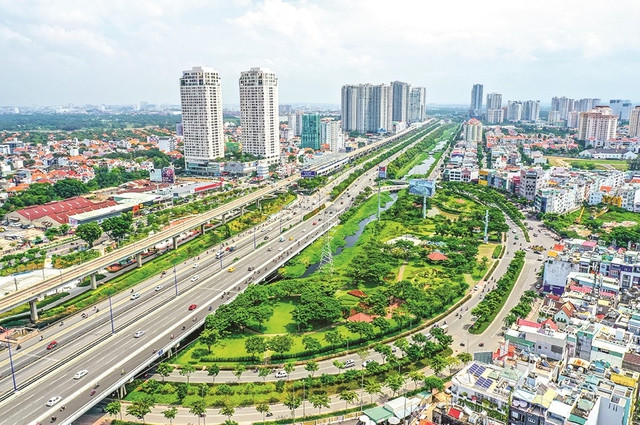 |
Capital for the real estate market is currently in serious shortage and there is almost no solution found. Photo: Internet |
Disadvantages of Vietnam's real estate market
Our country's real estate market has many disadvantages, which make the market unsustainable, unstable and ineffective. The 4 main disadvantages include:
1. Real estate project investment enterprises are not strong in terms of financial potential, technology, and experience.
Real estate project investors are now more professional than before, but in general, they have not been able to rise to become strong investors. In terms of finance, loans are the main source of capital for project development, equity is less than loans. Therefore, the form of selling real estate formed in the future is the main capital solution. When the approval of projects is blocked, it is also the cause of lack of development capital. The use of new technologies to create added value is insignificant, "green technology" and "smart technology" are only mentioned on paper, not applied much.
2. The capital supply for the real estate market is not strong in terms of capital quantity and interest rates are quite high.
Since before 2018 (the year corporate bonds were issued), capital for the real estate market was mainly credit capital and capital for selling real estate formed in the future, in which credit capital was only enough to build infrastructure. On the other hand, this was only commercial credit, not investment credit. Our country did not have banks that provided investment loans with low interest rates. Therefore, the credit capital flow was small, the credit interest rate on loans was high, making it difficult to invest in real estate development, and causing real estate prices to increase accordingly.
3. The legal framework for real estate market development has many gaps and conflicts.
Normally, we often encounter quite "vague" legal regulations because the content that needs to be mentioned has inconsistent opinions, sometimes even omitting that content. In such an overall situation, the real estate business sector touches many management areas, so there are many gaps and even more conflicts. In that context, when the fight against corruption and negativity is promoted, many competent officials do not dare to boldly approve projects. Therefore, the real estate market lacks supply, and also lacks capital from selling houses formed in the future. The real estate sector also does not have reasonable taxes, creating a huge legal gap, unable to regulate the situation of speculation and hoarding money in land.
4. Supply-demand imbalance between high-priced segment and low-priced segment
An inherent defect of our real estate market is that the high-priced segment (luxury) has a very large supply (up to 80%) but only meets the speculative and hoarding needs of about 20% of the population; while the price segment suitable for salary income only accounts for 20% of the supply but meets 80% of the population. This defect of the real estate market is inherent, and no matter how hard we try to fix it, it cannot be overcome.
The government has also provided many supports to develop affordable housing, called social housing, but after a while the price goes up again, and there is no longer any trace of "social" as before. This shows that imposing a subsidy mindset on social housing management in a market mechanism is inappropriate. We need to review and innovate social housing policy.
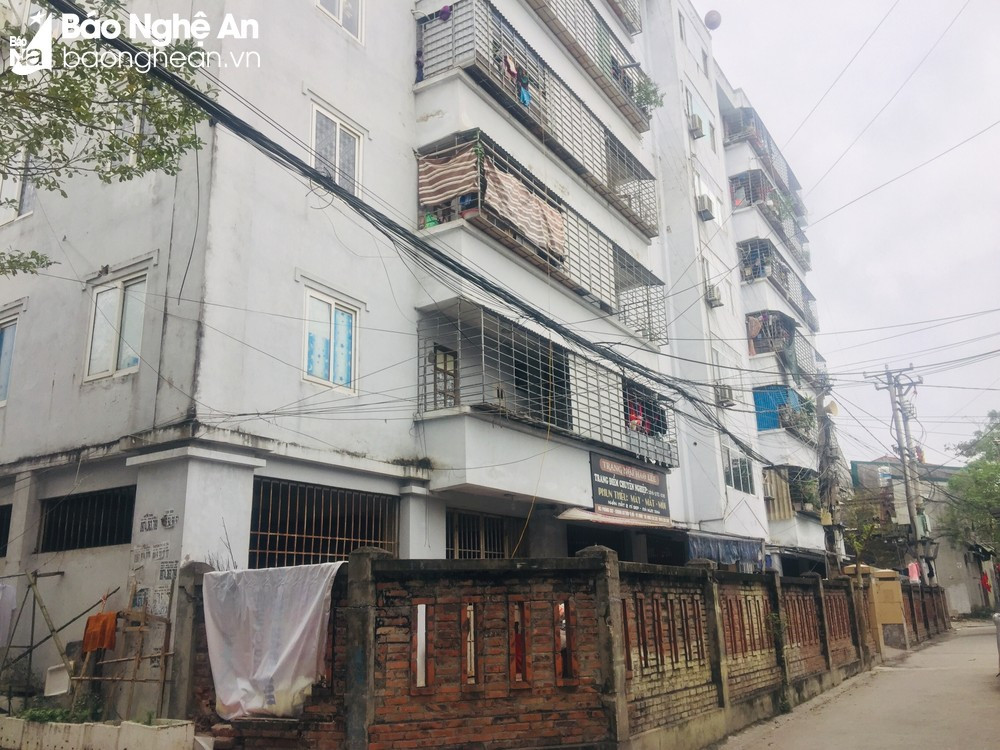 |
Social housing area for workers and low-income earners of Trung Do Joint Stock Company on Cu Chinh Lan Street, Trung Do Ward. Photo: Nguyen Hai |
What is the solution for the current real estate market?
To create a real estate, people need two essential things: one is money, and two is land. Money to invest in real estate, or capital flow into the real estate market, is in a state of shortage, meaning there is no capital to invest. Credit capital from commercial banks cannot meet the demand, many real estate enterprises have issued bonds to mobilize investment capital. But then there are also some enterprises that take advantage of this opportunity to violate the law to attract capital from bond buyers, they have fallen into legal trouble. The individual bond market in the real estate sector is almost paralyzed.
The laws related to the real estate market are in a state of conflict, the authorities who approve investment projects do not dare to approve them, "put down the pen for good", so the difficulties with land come again. In the residential real estate market, the cost of capital in Vietnam is quite high, so project investors promote the method of selling "real estate formed in the future" so that future home buyers pay in advance step by step. Now that the project is not approved, there is no capital mobilized from selling houses formed in the future.
Currently, the real estate flow has almost stopped, the borrowed capital has created a huge pressure to pay interest on loans when all real estate transactions have stopped. So what can be done to solve the difficulties in both capital and land for the real estate market?
In the long term, we need solutions to eliminate the above 4 weaknesses of the Vietnamese real estate market. This is a long-term roadmap in a unified direction in accordance with market rules and State policies to regulate the market. Here we do not mention long-term steps, but only discuss immediate solutions.
Recently, the Government has had a policy to create a preferential credit package of 110,000 billion VND and 120,000 billion VND to develop social housing and solve difficulties for the real estate market. Recently, the 110,000 billion VND package has been proposed to be postponed. The 120,000 billion VND package is only confirmed to have an interest rate about 1.5% - 2% lower than the market interest rate. Thus, this credit package is also difficult to use to develop social housing, only used to support the real estate market.
A more important solution is to remove legal "troubles" to approve stuck real estate projects. The revised Land Law will not take effect until July 1, 2024, and the process of full guidance will take another year. The completion of new real estate-related tax laws has been proposed by the Ministry of Justice to be included in the law and ordinance-making program of the National Assembly in 2023, meaning it will take a long time to be approved by the National Assembly. The issue of eliminating conflicting provisions between laws related to the real estate market is also not quick.
In the immediate future, we should review in detail the real estate projects that are still stuck to classify, from which to make a list, evaluated according to specific criteria, especially the criteria of legal problems and criteria of investment feasibility. The Government submits to the National Assembly to issue a separate resolution on approving the attached list of projects. This resolution is a solid foundation for provincial localities to "confidently" approve the project.
When real estate projects are stalled and approved, capital from selling future houses is an important source to solve the capital difficulties for the real estate market at this time.

